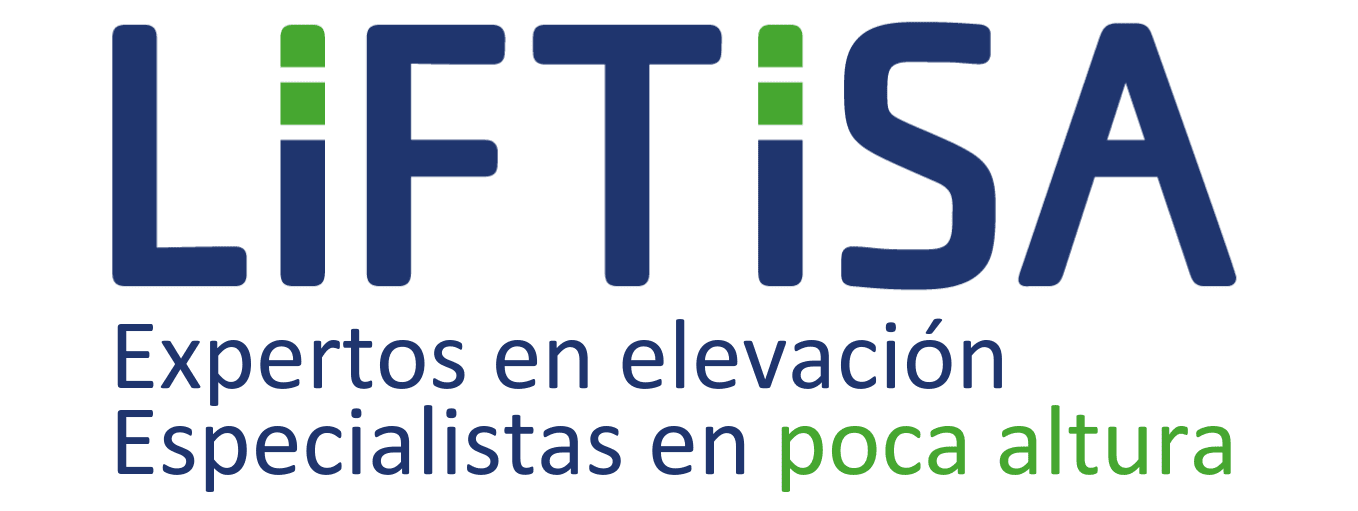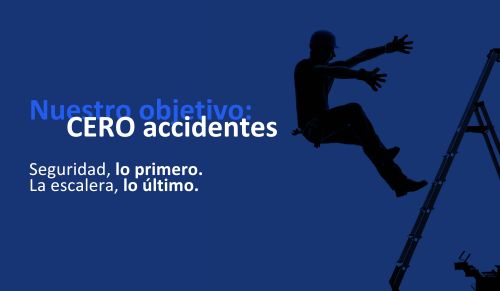Technical Inspection for elevating platforms
According to Standard the UNE 58921:2017, in the event of any accident, each elevating platform must prove that it has passed the corresponding Technical Inspection every 3 years, accredited by qualified technicians, always independent and not linked to the companies that own the machines.
From LIFTISA we manage the Technical Inspection of Machinery through our partner ITM, a company certified by AENOR and ENAC to perform the inspection.
Technical Inspections of Platform Lifts must be carried out by qualified technicians, by authorized inspection bodies or by other recognized entities, always independent and not linked to the companies that own the machines, acting in accordance with the legislation in force at any given time, which may determine the degree of qualification required and the specific functions or checks recommended.
- The safety of both the worker and the machine is guaranteed.
- Documentation in order in case of any claim.
- Complies with regulations According to Standard UNE-EN 58921/2017.
- Workers are protected.
- Certified to operate in any project and for any client (Construction and Industry).
- It ensures that the lifting platform can be used and operated in complete safety.
- It contributes to the objective of worker safety and health, which translates into optimization of tasks and improvement of working conditions.
Inspections must be performed by qualified personnel belonging to machinery inspection entities accredited by ENAC according to the UNE-EN ISO/IEC 17020 standard, which include in their scope of accreditation the Standard UNE 58921/2017.
All these checks must be carried out by competent and approved personnel.
The purpose of these checks, which are mandatory by law, is to verify compliance with the minimum safety provisions and requirements of the machines according to the regulations in force.
The owner or person responsible for the MEWP fleet must ensure that the machines comply with the maintenance, annual overhaul and inspection requirements in accordance with the provisions of this standard.
In compliance with RD 1215/97 on work equipment available to and in use by workers, it is the responsibility of the employer to ensure that all work equipment complies with the minimum health and safety requirements.
The Machinery Directive, the Law on Occupational Risk Prevention and the Prevention Services Regulations, as well as the Minimum Health and Safety Provisions for the use of work equipment typified in RD 1215/1997, establish the basic principles to be complied with by mobile elevating platforms for personnel.
There are 3 types of inspections: initial, periodic and exceptional.
- Initial inspection is performed by the manufacturer at the end of the production process.
- Periodic inspections will be performed every 3 years.
- Exceptions will be made in the event that the machine has suffered an accident, change, transformation or due to prolonged use, which is determined by the number of hours.
- Mark verified operations in the appropriate boxes on the Periodic Review Sheet, including:
- Owner’s information.
- Machine. Model. Serial number.
- Hours of operation.
- Name and signature of the technician who carried out the review and the date it was performed.
APPLICABLE REGULATION
UNE-58921:2017. Maintenance, overhauls and inspections.
Instructions for installation, operation, maintenance, servicing and inspections.
Operator maintenance.
Safety checks: to guarantee conformity of operation according to manufacture.
Inspections: official verification of safety, health and utilization requirements. Periodicity: start-up, 3 years, annual or extraordinary.
UNE-EN IS0/IEC 17020. Inspections.
Requirements of the organizations that carry them out. Impartiality.
UNE-58452:2017. Maintenance, overhauls and inspections.
Guide for periodic safety checks of forklift trucks.
Complements the manufacturer’s maintenance instructions.


